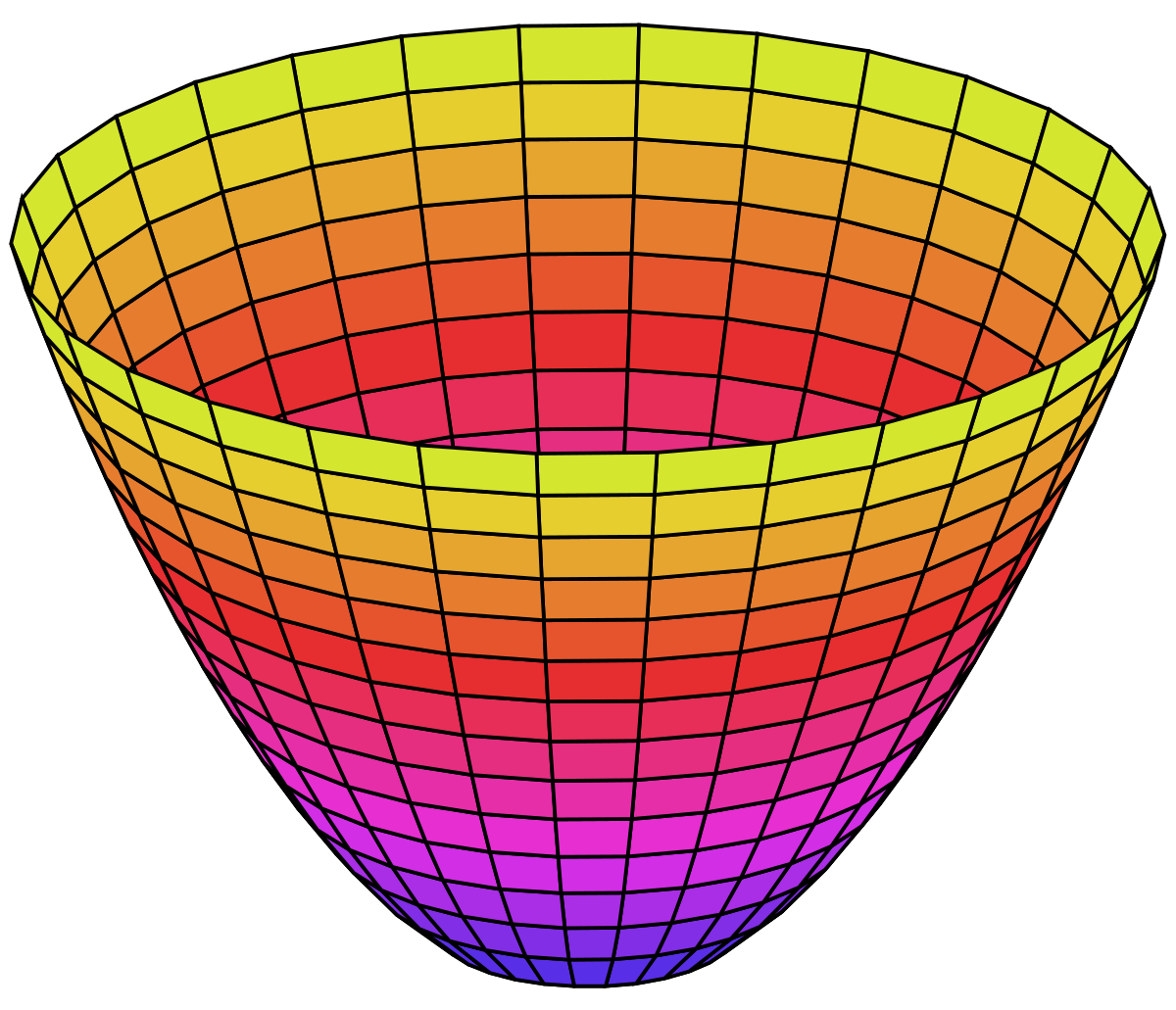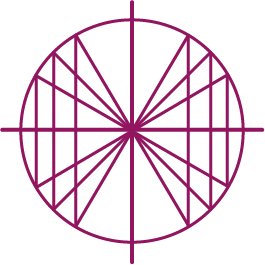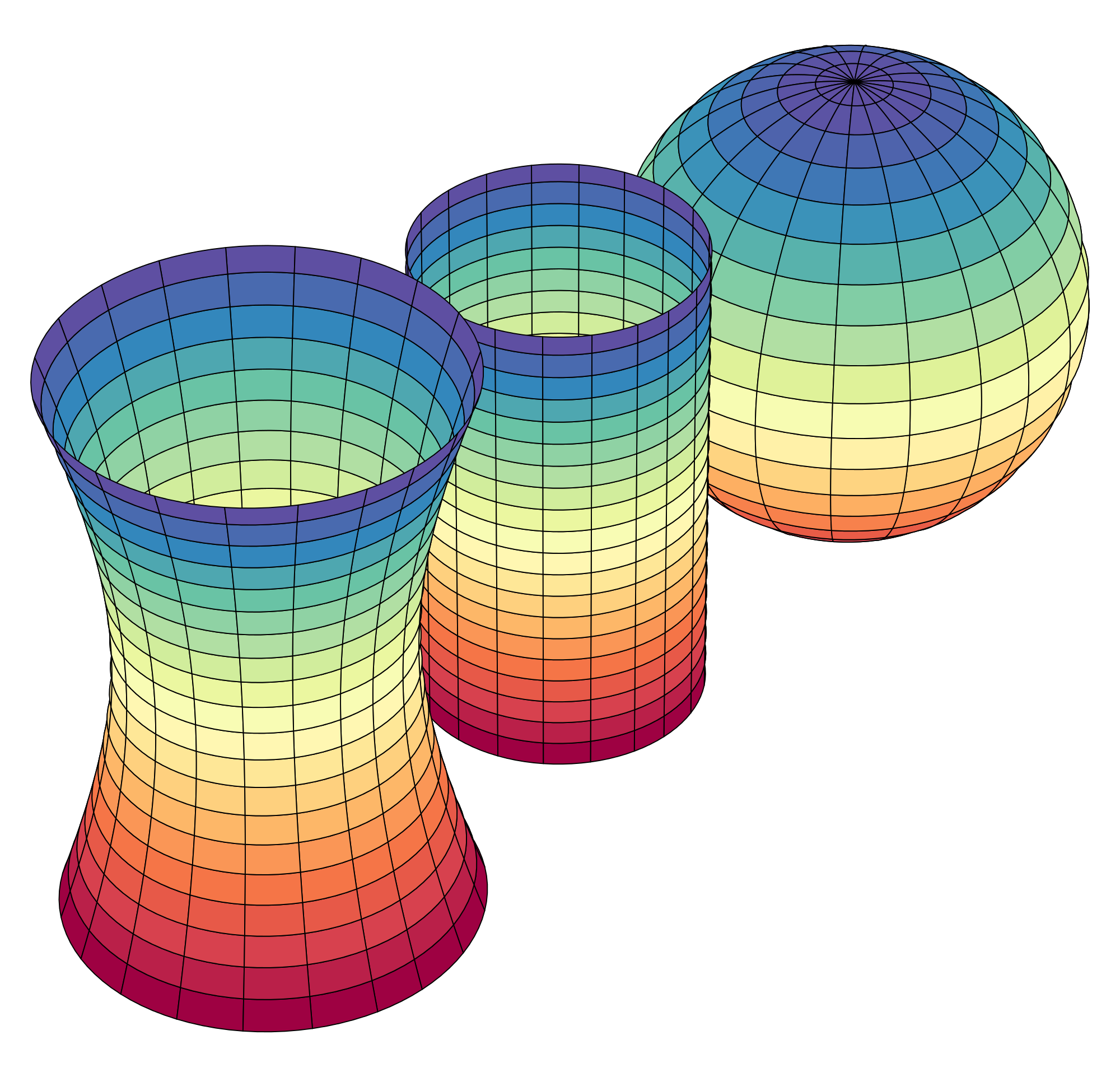Calculus-Based Statistics - Probability Theory - Distance Calculus Enroll Now, Start Today, Finish Quick - Calculus Academic Credits
If you are shopping around for an Applied Calculus = Survey of Calculus course that you can start immediately, and finish quickly (as quickly as your academic skills allow), then Distance Calculus @ Roger Williams University may be the right program for you. Freshman Math Courses
Freshman Math Courses
- Applied Calculus for Business [3 credits] [3CR]
- Applied Calculus for Life Science [3 credits] [3CR]
- Calculus I[4 credits] [4CR]
- Calculus II[4 credits] [4CR]
 Sophomore Math Courses
Sophomore Math Courses
- Multivariable Calculus III [4 credits] [4CR]
- Differential Equations [3 credits] [3CR]
- Linear Algebra [4 credits] [4CR]
- Probability Theory [3 credits] [3CR]
 Honors Math Courses
Honors Math Courses
- Honors Calculus I [5 credits] [5CR]
- Honors Calculus II [5 credits] [5CR]
- Honors Calculus I+II for Data Science [5 credits] [5CR]
- Honors Multivariable Calculus [5 credits] [5CR]
- Honors Differential Equations [4 credits] [4CR]
- Honors Linear Algebra [5 credits] [5CR]
- Honors Linear Algebra for Data Science [5 credits] [5CR]
 Lower Division Math Courses
Lower Division Math Courses
- Precalculus with Trigonometry [4 credits] [4CR]
- Introductory Statistics [4 credits] [4CR]
- Finite Mathematics [3 credits] [3CR]
- Discrete Mathematics [4 credits] [4CR]
 Upper Division Math Courses
Upper Division Math Courses
- Computational Abstract Algebra [4 credits] [4CR]
- Computational Differential Geometry [4 credits] [4CR]
Here is a video about earning real academic credits from Distance Calculus @ Roger Williams University:
Earning Real Academic Credits for Calculus
Applied Calculus vs Calculus I
Calculus-Based Statistics course can best be described as a "first course in the study of Statistics and Probablity Theory using Calculus".
This course has many names, all being equivalent:
- Probablity Theory
- Calculus-Based Statistics
- Second Course in Statistics for STEM
Our Probability Theory course differs from a classroom/textbook-based course in that we employ Mastery Learning so that you complete all assignments at 100% to assure competancy, as well as our curriculum shifting the course to a laboratory-style course, where theorem/lemma/proof type exposition is replaced by running experiments in Mathematica as you would in a science laboratory to empirically deduce the concepts and behaviors of Probability Theory, both solvable (classically) via hand-based techiques, as well as studying Probability Theory that can only be solved and investigated graphically and numerically using a computer. The Probability Theory curriculum is highly visual and based upon observations of experiments run in Mathematica or LiveMath.
At Distance Calculus, we call our "Calculus-Based Statistics" course as Probability Theory - DMAT 311 - 3 credits.
Below are some links for further information about the Calculus-Based Statistics course via Distance Calculus @ Roger Williams University.
 Freshman Math Courses
Freshman Math Courses
- Applied Calculus for Business [3 credits] [3CR]
- Applied Calculus for Life Science [3 credits] [3CR]
- Calculus I[4 credits] [4CR]
- Calculus II[4 credits] [4CR]
 Sophomore Math Courses
Sophomore Math Courses
- Multivariable Calculus III [4 credits] [4CR]
- Differential Equations [3 credits] [3CR]
- Linear Algebra [4 credits] [4CR]
- Probability Theory [3 credits] [3CR]
 Honors Math Courses
Honors Math Courses
- Honors Calculus I [5 credits] [5CR]
- Honors Calculus II [5 credits] [5CR]
- Honors Calculus I+II for Data Science [5 credits] [5CR]
- Honors Multivariable Calculus [5 credits] [5CR]
- Honors Differential Equations [4 credits] [4CR]
- Honors Linear Algebra [5 credits] [5CR]
- Honors Linear Algebra for Data Science [5 credits] [5CR]
 Lower Division Math Courses
Lower Division Math Courses
- Precalculus with Trigonometry [4 credits] [4CR]
- Introductory Statistics [4 credits] [4CR]
- Finite Mathematics [3 credits] [3CR]
- Discrete Mathematics [4 credits] [4CR]
 Upper Division Math Courses
Upper Division Math Courses
- Computational Abstract Algebra [4 credits] [4CR]
- Computational Differential Geometry [4 credits] [4CR]
- Calculus-Based Statistics Online Course For Credit Start Immediately
- Calculus-Based Statistics Quick Online Course For Credit Start Immediately
- Calculus-Based Statistics Summer 2024 Online Course
- Calculus-Based Statistics Winter 2024 Online Course
- Calculus-Based Statistics Winter Course
- Calculus-Based Statistics Spring Course
- Calculus-Based Statistics Fall 2024 Online Course
- Calculus-Based Statistics Online Accredited
Distance Calculus - Student Reviews





Date Posted: Jan 12, 2020
Review by: Brian Finley
Courses Completed: Calculus II
Review: I took Calculus II through Distance Calculus and can't recommend it enough. Being able to take the course at my own pace while I was working full time was tremendously helpful, especially since I hadn't taken a math course for 5 years prior. The instruction was excellent and the software they used to teach the course was intuitive and facilitated the learning process very well. This calc II class enabled me to take multivariable calc, linear algebra, and real analysis at Harvard University's extension school, which ultimately qualified me for the economics PhD program that I will graduate from next year. 8 years on, I'm still grateful to Professor Curtis and Distance Calculus.





Date Posted: Jun 6, 2020
Review by: Douglas Z.
Courses Completed: Multivariable Calculus, Differential Equations, Linear Algebra, Probability Theory
Review: I loved these courses. So in depth and comprehensive. The mix of software and math curriculum was tremendously helpful to my future studies and career in engineering. I highly recommend these courses if you are bored of textbook courses.
Transferred Credits to: University of Massachusetts, Amherst





Date Posted: Jan 8, 2021
Review by: Cristian Mojica
Student Email: comojica@ucdavis.edu
Courses Completed: Probability Theory
Review: A fantastic course! I was able to complete it in about half a year (with a few gaps) alongside other coursework I was completing. There are no deadlines except the one-year mark after registering, so you work at your own rate and schedule. Probability Theory is required for me to apply to Master's programs in Statistics, so I was glad when I found Distance Calculus. While the course was slightly less difficult than I originally expected, there were parts that definitely slowed me down and made me think. (Also, although calculus is not everywhere in the course, it is everywhere in normal and exponential variables and beyond, so make sure to review derivatives and integrals (single and double)!) I used Mathematica for my software, and it helped speed along calculations and proved to be the perfect stage and tool for this material. I think visual learners will absolutely revel in how the material is presented in this course. (I know I did!) As there is plenty of writing and calculation to do, you have many opportunities to develop and strengthen your voice as a mathematician. The modern format of 80% electronic notebook work and 20% handwritten work is an excellent mixture for studying probability theory and grasping its core ideas. Dr. Curtis is clear in his answers to any questions and concerns you may have and is highly responsive to email and chat, and to responses you leave in your notebooks. He truly wants to help you and to see you succeed, and he is always on your side. I highly recommend Probability Theory with Distance Calculus!
 Freshman Math Courses
Freshman Math Courses
- Applied Calculus for Business [3 credits] [3CR]
- Applied Calculus for Life Science [3 credits] [3CR]
- Calculus I[4 credits] [4CR]
- Calculus II[4 credits] [4CR]
 Sophomore Math Courses
Sophomore Math Courses
- Multivariable Calculus III [4 credits] [4CR]
- Differential Equations [3 credits] [3CR]
- Linear Algebra [4 credits] [4CR]
- Probability Theory [3 credits] [3CR]
 Honors Math Courses
Honors Math Courses
- Honors Calculus I [5 credits] [5CR]
- Honors Calculus II [5 credits] [5CR]
- Honors Calculus I+II for Data Science [5 credits] [5CR]
- Honors Multivariable Calculus [5 credits] [5CR]
- Honors Differential Equations [4 credits] [4CR]
- Honors Linear Algebra [5 credits] [5CR]
- Honors Linear Algebra for Data Science [5 credits] [5CR]
 Lower Division Math Courses
Lower Division Math Courses
- Precalculus with Trigonometry [4 credits] [4CR]
- Introductory Statistics [4 credits] [4CR]
- Finite Mathematics [3 credits] [3CR]
- Discrete Mathematics [4 credits] [4CR]
 Upper Division Math Courses
Upper Division Math Courses
- Computational Abstract Algebra [4 credits] [4CR]
- Computational Differential Geometry [4 credits] [4CR]

